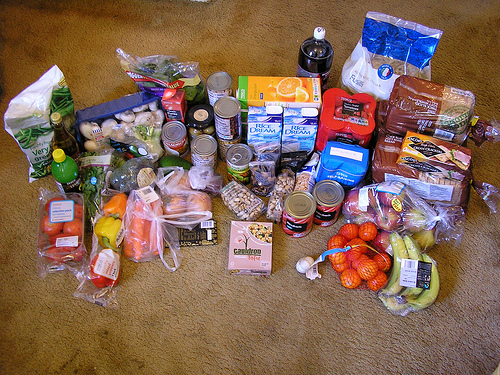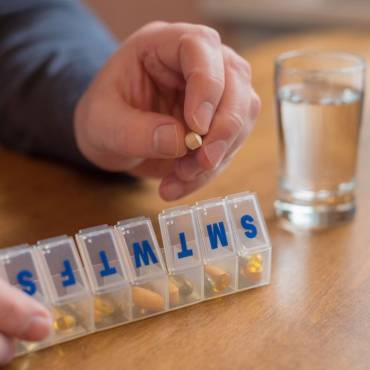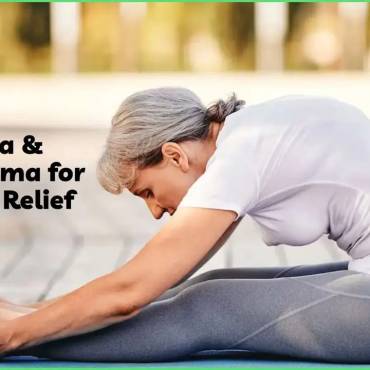People nowadays are health conscious; they try several healthy vegetarian diets which meets the needs of almost people of all ages i.e. children, teenagers and breast feeding woman. One of the healthy vegetarian diets includes vegan diet. Vegan foods are found to be healthier enough than any animal product.
A vegan diet is nutritionally rich; it is cholesterol free, comparatively low in saturated fats and calories, quite rich in fiber, complex carbohydrates and has several cancer fighting or anti carcinogenic antioxidants. As per the studies, more than 7 million of people consume some form of healthy vegetarian diet and among-st those about 1 million follow vegan diet. The diet eliminates consumption and usage of all animal products. If you are vegan beginner then you must know some facts about vegan diet.
About vegan diet
• Vegan diet is commonly a plant based diet that is based on grains, fruits, vegetables, legumes, seeds and nuts
• Meat, fishes, poultry, dairy or eggs and products containing these items are all excluded in a vegan diet
• The vegan nutrition provides several health benefits. Potential health benefits include: lower rate of obesity, high blood pressure, certain cancer types and type2 diabetes.
• Everyone who starts with vegan should make sure that enough nutrients such as protein, iron, zinc, calcium, vitamins D and B12 and omega-3 fats are included in your diet.
• A number of plants consumed during a day would provide enough nutrition and proteins to promote and maintain optimal good health.
Being a beginner for vegan, you should not worry about getting perfect nutrients for your body. Just remember that you are consuming a plant based diet which will provide all essential nutrients and vitamins needed for the body.
Also Read: 7 Healthy Food Swaps
Vegan source of nutrients
• Full of proteins plant foods – Almost every food item provides rich amount of proteins, so it’s quite impossible that our body does not get enough if we tend to consume an adequate amount of calories. You can have soya beans which are quite good and are loaded with many proteins and some essential amino acids. Lentils, nuts, seeds, mushrooms, broccoli, walnuts, whole wheat bread and oatmeal are some other food items rich in protein.
• Calcium – Vegan sources of calcium include collard greens, beans, kale, broccoli, sesame tahini, and almonds. Whereas calcium can also be consumed from foods like calcium fortified soy or milk rice, some tofu brands and orange juice.
Also Read: The Best Nutrition for the Perfect Vision
• Omega – 3 fatty acids- Omega-3 fatty acids are considered really good for the health of heart, brain and skin. Fish is the richest source of omega-3 fatty acids but you cannot consume it in a vegan diet. Fortunately you can enjoy omega-3 from foods items such as flax-seeds, walnuts and canola oil which are good and are found to be an excellent source of omega-3 α-Linolenic acid (ALA). You can also take vegan DHA capsules that have omega-3 in them being derived from algae.
• Iron – Spinach is the richest source of iron. One must have it for building strong muscles. Some good food items which provide iron are beans, black eyed peas, nuts, lentils, oats and nutritional yeast. Also you must know that Vitamin C helps to enhance iron absorption, so for a good health you should start taking foods which contains both the nutrients. Dark green leafy veggies are the best example.
• Vegan vitamins – As recommended by many famous health experts, each and everyone should have a multivitamin or supplement in order to get a good amount of vitamin B12. Vitamins B12 can be found in fortified nutritional yeast, some cereals, fortified soy and rice milk and few meat analogues (substitute for meat dishes).
• Vitamin D – Nothing could beat the biggest source of vitamin D which is sunlight. During warm months, what you can do is keep your skin and forearms exposed in sunlight. This will help you to get enough of vitamin D. Avoid sitting at home for most of the hours of the day, go out and get yourself sufficient dose of vitamin D. Some good Vegan sources of vitamin D include fortified soy milk and vitamin D mushrooms.
Also Read: 7 Foods That Fight Inflammation and Belly Fat
It is interesting to know that several brands of non dairy milk contain sufficient amounts of calcium and vitamin D too. But as doctors recommend, one can have vitamin D supplement of at least 1,000 IU, if he does not get sufficient amount of sun exposure on some particular days.
Keep in mind that any diet that excludes nutritious food groups needs careful planning so that each and every nutritional need is met. If you are following a vegan diet or any other healthy vegetarian diet, then make sure you consult a dietitian before its start.
Must Read: Amazing Health Drinks For A Healthy Lifestyle



